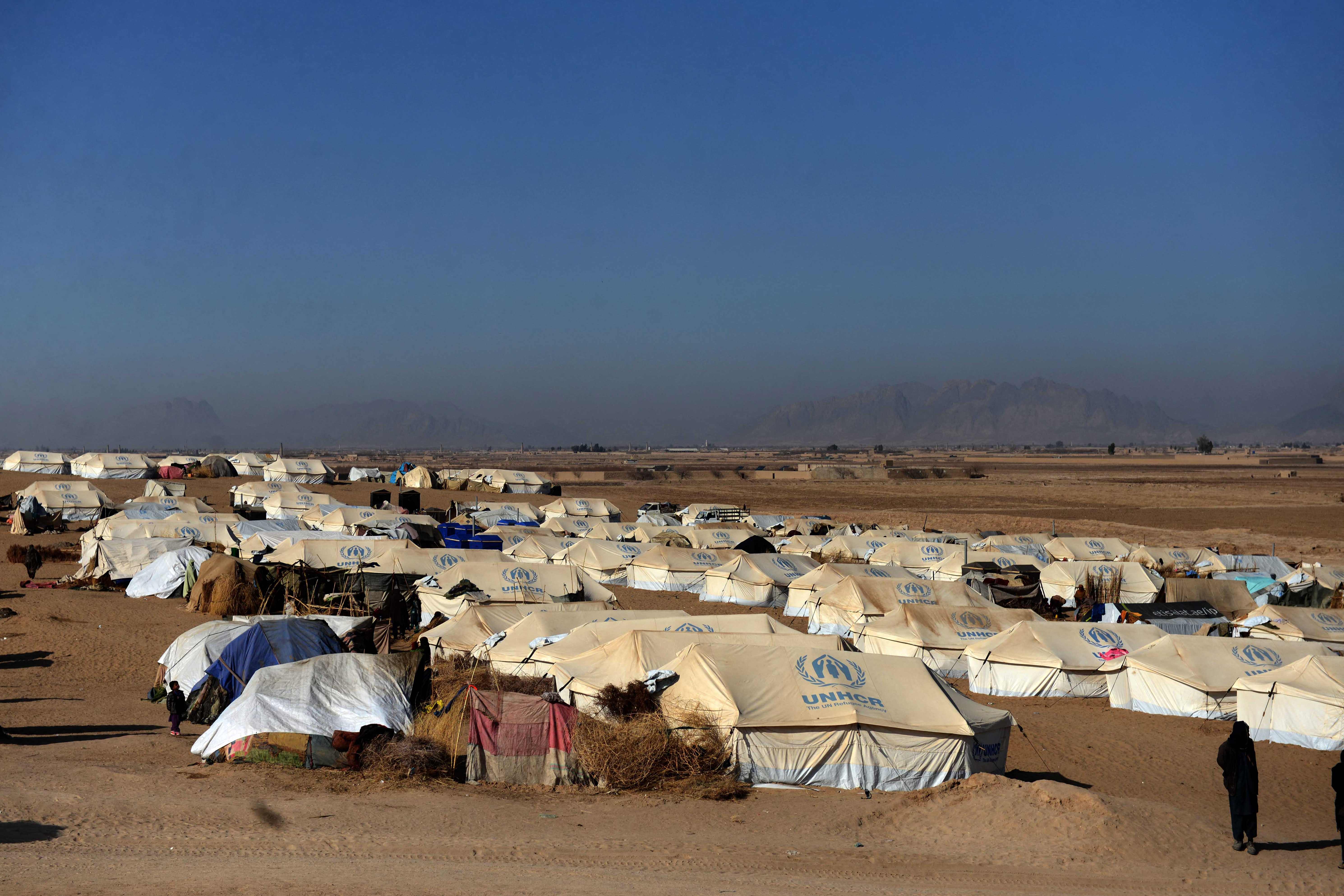The rescue of the Afghan interpreters begs a few uncomfortable questions
Those whose stories are well known to the media and government are treated with respect and compassion; those who arrive in the backs of lorries or in little boats are viewed with suspicion, writes Sean O’Grady


In an almost unanimous show of mutual support and concern of the fate of the Afghan interpreters, fixers and drivers who risked their lives to help, Britain’s media has united to demand that these refugees should be offered immediate asylum. It is rare indeed to find all these organisations on the same side in any public debate but there they all are, lending their names and weight to what is effectively a petition to the prime minister and the foreign secretary to do the right thing.
In reality, the British government has little choice. It has already made arrangements for most of those who served the military to try to start a new life for themselves in Britain, where, regrettably, they may not always enjoy a warm welcome. Exceptions and anomalies seem to arise in cases where the Afghan involved left service under a cloud for some reason, but given the general policy of the Taliban, which is to behead first and ask questions after, it would seem the humanitarian thing to give them refuge as well.
Thus, with sentiment, the military, Tory MPs and the press behind them, these particular, exceptional refugees would appear to be the lucky ones, at least in the sense that they and their loved ones can get to the UK without further risk to their lives.
They are not, in other words, labelled “illegal migrants” and treated as though they were carrying some disease or intent on acts of terror or sponging off the welfare state, which, ironically enough, is often enough the working assumption of some when viewing other attempts to find safety in Britain. Had the British authorities decided to pursue a more hard-hearted approach, many of those Afghans now regarded as something like heroes would be left to take their chances with the people smugglers in a dinghy across the English Channel.
It is a curious and unpalatable contrast, this, between “deserving” and “undeserving” asylum seekers. Those whose stories are well known to the media and government are treated with respect and compassion; those who arrive in the backs of lorries or in little boats are viewed with intense suspicion. The rescue of the Afghan interpreters begs a few uncomfortable questions about how politics and the media work.



Join our commenting forum
Join thought-provoking conversations, follow other Independent readers and see their replies
Comments